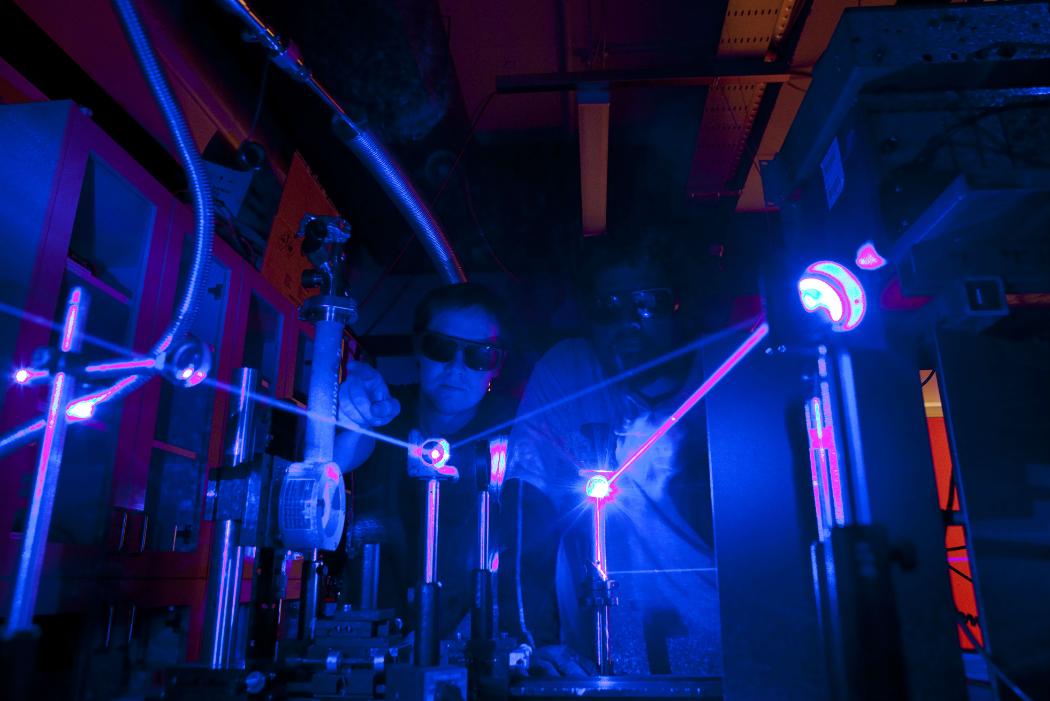Physics
Introduction
Physics aims to understand the behaviour of matter and energy from the scale of subatomic particles to that of the Universe itself. From computers to communication systems, architecture to agriculture; modern life is overwhelmingly built using the understanding of nature that physics provides.
We are currently in an incredibly exciting period in Physics. The technological advances of the last 20 years have had an enormous impact on all our lives and almost all of these rely on advances in Physics. Modern physics provides a framework for understanding – and contributing to – major advances in technology now and in the future.

